Cash, Carbon, and Compliance: What Large Entities Need to Know
By Tom Bonwick-Fyfe and Finn Baron
From January 2025, large Australian businesses must comply with mandatory climate-related financial disclosures (CRFD); by January 2026, many will also need to accept cash payments for essential goods and services. These reforms underscore a governmental push to enhance consumer rights and corporate transparency. This article outlines who is affected, key deadlines, and practical considerations for compliance.
Consumer Update: Mandatory Cash Acceptance for Essential Items
In November 2024, the Australian Government announced a mandate requiring businesses to accept cash payments for the sale of essential items. Following the release of a consultation paper in December 2024, policy discussions are still underway. Final mandate details are expected by late 2025, with implementation slated for 1 January 2026.1
Scope of Application
The proposed mandate will apply to corporations supplying essential goods or services. These are broadly defined as those that:
- Meet absolute basic needs;
- Support daily living; or
- Are required by law2
To satisfy this threshold, there must be no reasonable substitute capable of fulfilling the same need.3 To guide user interpretation, the consultation paper provides illustrative examples of goods and services considered essential or non-essential:
Types of good/service |
Essential |
Non-Essential |
| Food and beverage4 | Most bread and cereal products; all meat and seafood; milk and cheese; all fruit and vegetables; coffee, tea, and cocoa | Cakes, biscuits, snacks and confectionery; ice cream and other dairy products; soft drinks and juices; meals out, including takeaway |
| Clothing and footwear5 | Garments and footwear for infants and children | Clothing, footwear, accessories and jewellery for adults; dry cleaning and shoe repair services |
| Health6 | Medicines, medical products, appliances and equipment; and medical, dental, and allied health services | Private hospital services |
| Transport7 | Automotive fuel, spare parts and accessories, automotive maintenance and repair services | Motor vehicles and transport services |
| Education8 | Preschool, primary and secondary education |
Small Business Exception:
To mitigate the financial burden that mandatory cash acceptance may impose on businesses with a limited capacity to absorb such costs, and to prevent these costs from being passed on to consumers, the proposed mandate expressly excludes small businesses from its scope. A ‘small business’ is defined as having:
- Aggregate turnover under $10 million; or
- Group turnover under $10 million (for franchises).9
Potential Time and Dollar Requirements:
The government is also consulting on the potential inclusion of a dollar and time-based limitation to the cash acceptance mandate, under which businesses subject to the mandate are only required to accept cash for transactions below a specified dollar amount and/or during designated hours.10
Market Update: Climate Disclosure Obligations for Corporate Entities
The Australian Government has implemented a mandatory CRFD regime, applicable to corporate entities and financial institutions across three categories designated as Group 1, 2 and 3 based on size and financial thresholds. This regulatory development follows the enactment of the Treasury Laws Amendments (Financial Market Infrastructure and Other Measures) Act 2024, which received royal assent on 17 September 2024.
Pursuant to the Act, Group 1 entities are required to commence climate-related financial reporting from 1 January 2025, supplementing their existing statutory disclosure obligations.11 To qualify as a Group 1 entity, a business must meet at least two of the following three criteria:
- At least $500 million in consolidated revenue
- At least $1 billion in gross asset valuation
- At least 500 employees12
The CRFD regime follows a staggered rollout, with smaller Groups 2 and 3 becoming subject to similar reporting obligations over the next two years, allowing companies with fewer resources additional time to build the capacity for compliance.13
Enforcement and Liability
The liability framework under this regime mirrors existing obligations relating to financial and directors’ reports, and includes strict liability offences such as the failure to maintain sustainability records.14 In addition, the Act introduces a three-year transitional liability scheme intended to limit initial exposure for reporting entities. During this period, entities are granted immunity from civil claims brought by private litigants in relation to disclosures made in sustainability reports. However, this immunity does not extend to criminal proceedings or to regulatory enforcement actions initiated by the Australian Securities and Investments Commission (ASIC).15
ASIC’s Guidance on Reporting Requirements
On 31 March 2025, ASIC released its Sustainability Reporting Guide, providing regulatory guidance for Group 1 entities on the interpretation and enforcement of the new CRFD provisions under the Corporations Act.16 Notably, the guide permits the use of estimates rather than direct measurements when calculating greenhouse gas emissions,17 and requires businesses to conduct climate-related scenario analysis to help identify and assess major financial risks and opportunities linked to climate change.18 ASIC further emphasises that CRFDs must be clear, identifiable, and aligned with sustainability objectives to reduce the risk of misleading labelling and greenwashing.19
1Australian Government, Regulatory Initiatives Grid (Report No 1, December 2024) 14.
2Australian Government, Mandating Cash Acceptance (Consultation Paper, December 2024) 18.
3Ibid.
4Ibid.
5Ibid.
6Ibid.
7Ibid.
8Ibid 19.
9Ibid 20.
10Ibid 21–22.
11Corporations Act 2001 (Cth) ch 2M.
12Jillian Button et al, ‘Mandatory climate-related financial reporting is here: guidance for reporting entities’ (Insight, 15 May 2025).
13Ibid.
14Australian Securities & Investments Commission, Sustainability Reporting (Regulatory Guide No 280, March 2025) 18; Corporations Act 2001 (Cth) s 286A(4).
15Jillian Button et al, ‘Mandatory climate-related financial reporting is here: guidance for reporting entities’ (Insight, 15 May 2025).
16Australian Securities & Investments Commission, Sustainability Reporting (Regulatory Guide No 280, March 2025).
17Ibid 34.
18Ibid 32.
19Ibid 31.

